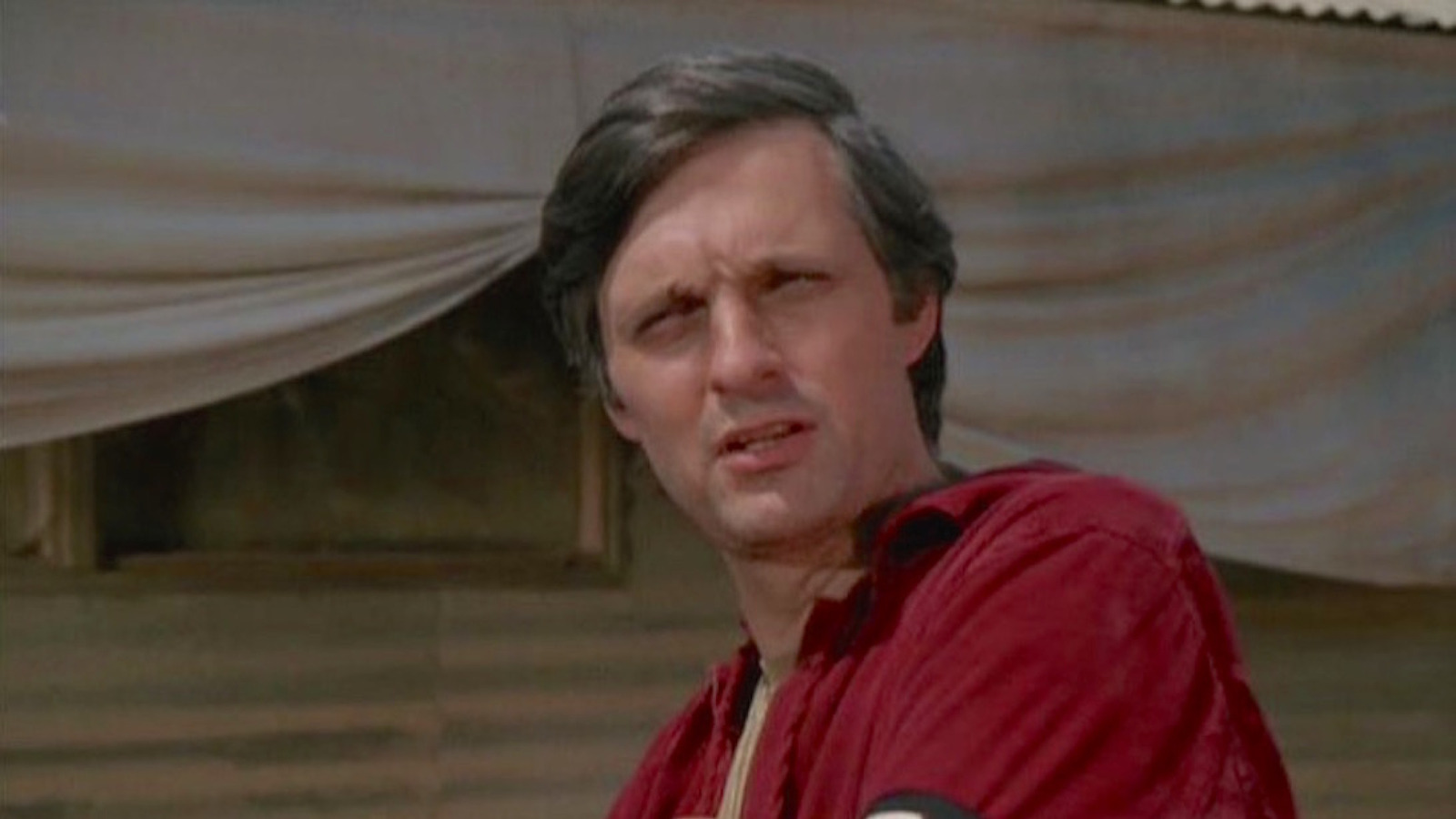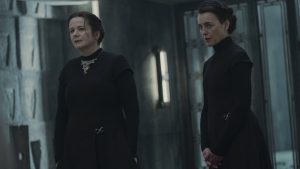
Alan Alda Raised Major Concerns About His Role in M*A*S*H
The legendary wartime sitcom M*A*S*H has rightfully earned its place as one of the most cherished shows in television history. However, during its development in the early 1970s, doubts loomed over its viability. Alan Alda, who portrayed the iconic character Captain Benjamin Franklin “Hawkeye” Pierce, harbored significant concerns in the beginning. Ultimately, Alda emerged as a pivotal figure in the series, contributing as a writer and director, while also being the only cast member featured in every episode.
As the show evolved, it experienced notable cast changes and even lost one of its original creators after the fourth season. Nevertheless, Alda remained a stabilizing force, recognized as the heart and soul of the series. Over the years, he has candidly discussed his initial reservations about taking on the role, primarily focusing on how war would be portrayed. Having served as an officer in Korea shortly after the conflict, Alda was acutely aware of the war’s grim realities and sought to ensure that the depictions on-screen accurately reflected the true horrors of battle.
Although Alda did not experience combat firsthand, he witnessed the war’s aftereffects on the soldiers who remained in Korea, as well as the lasting scars inflicted on the landscape and its people. He expressed in an interview, “I grasped that war is real. It’s not a game. Lives are lost, and people suffer injuries. When we created M*A*S*H, I wanted to convey that understanding. It was crucial to me that we didn’t downplay the seriousness of war and instead made a show that showed both the struggles and the levity of life in a war zone.”
In addition to his insistence on realism, Alda was also apprehensive about the show potentially coming off as pro-military propaganda. In a biography, it was noted that Alda’s primary fear was that M*A*S*H could turn into a thirty-minute promotional film for the Army. Fortunately, discussions with the series’ creators, Larry Gelbart and Gene Reynolds, led to a mutual agreement: to portray the realities of war with honesty, striking a balance between humor and the darker aspects of conflict.
This approach was not without controversy, especially among earlier contributors to the M*A*S*H concept. While the series gained immense popularity over its eleven-season run, collecting records that may never be surpassed, not everyone was a fan. Notable critics included Richard Hornberger, the author of the original book, and the director of the 1970 film adaptation, Robert Altman. Hornberger leaned towards a pro-military viewpoint, while Altman’s version was notorious for its raw depiction of sex and violence, seemingly disregarding the genuine consequences of war.
Ultimately, Alda’s vision and influence played a significant role in steering M*A*S*H toward a successful legacy. His dedication to portraying the complex realities of war has kept the show meaningful and relevant more than five decades after it first graced airwaves.



